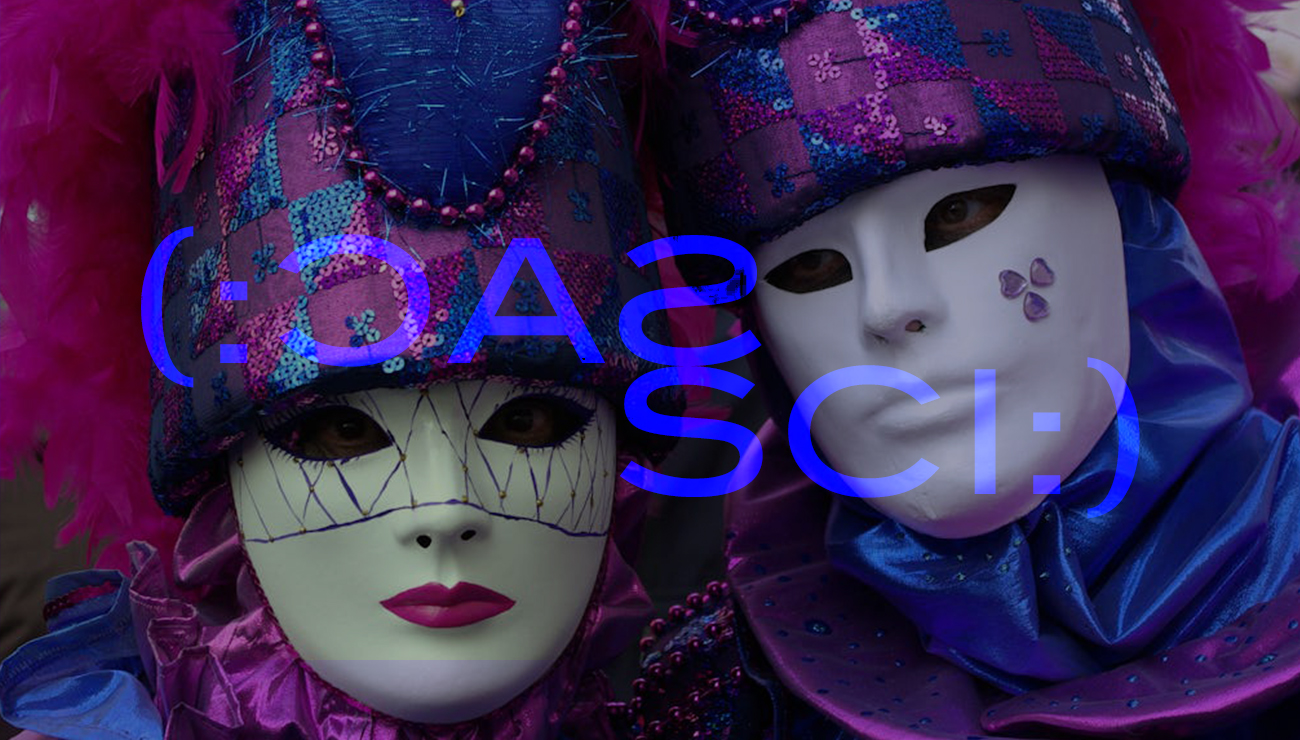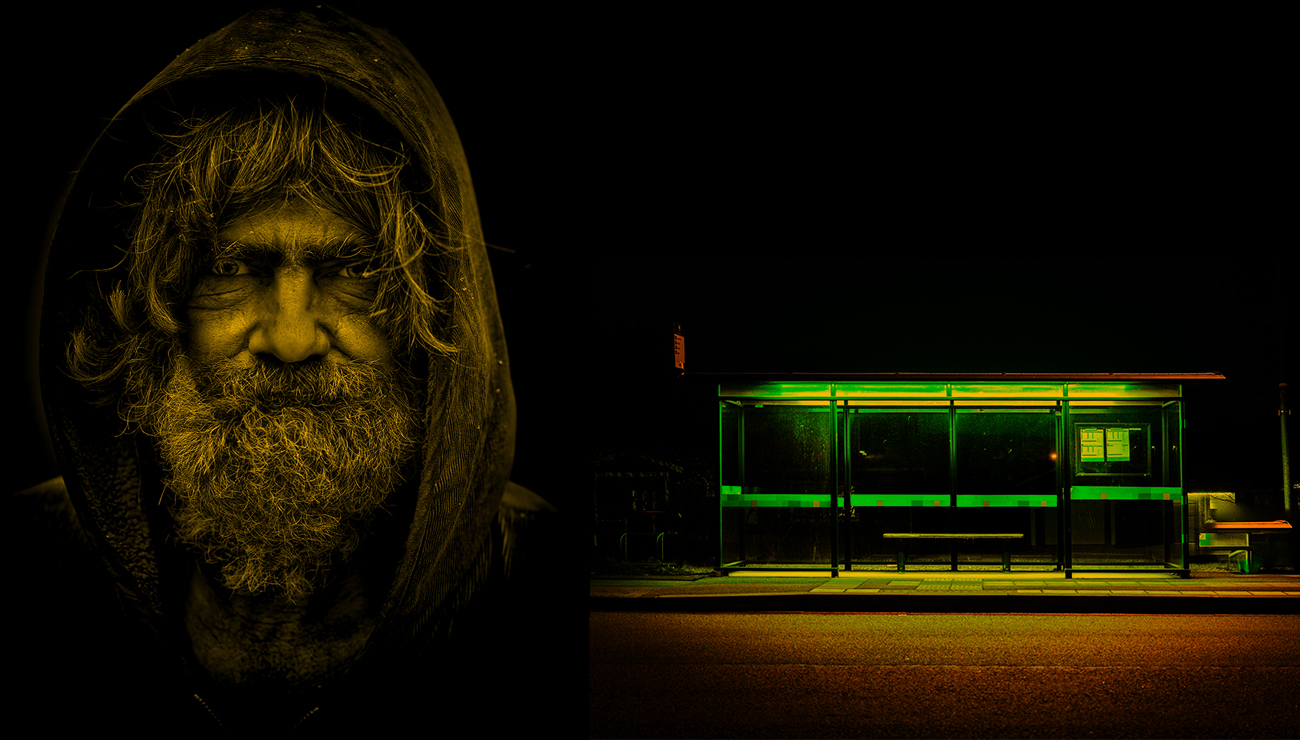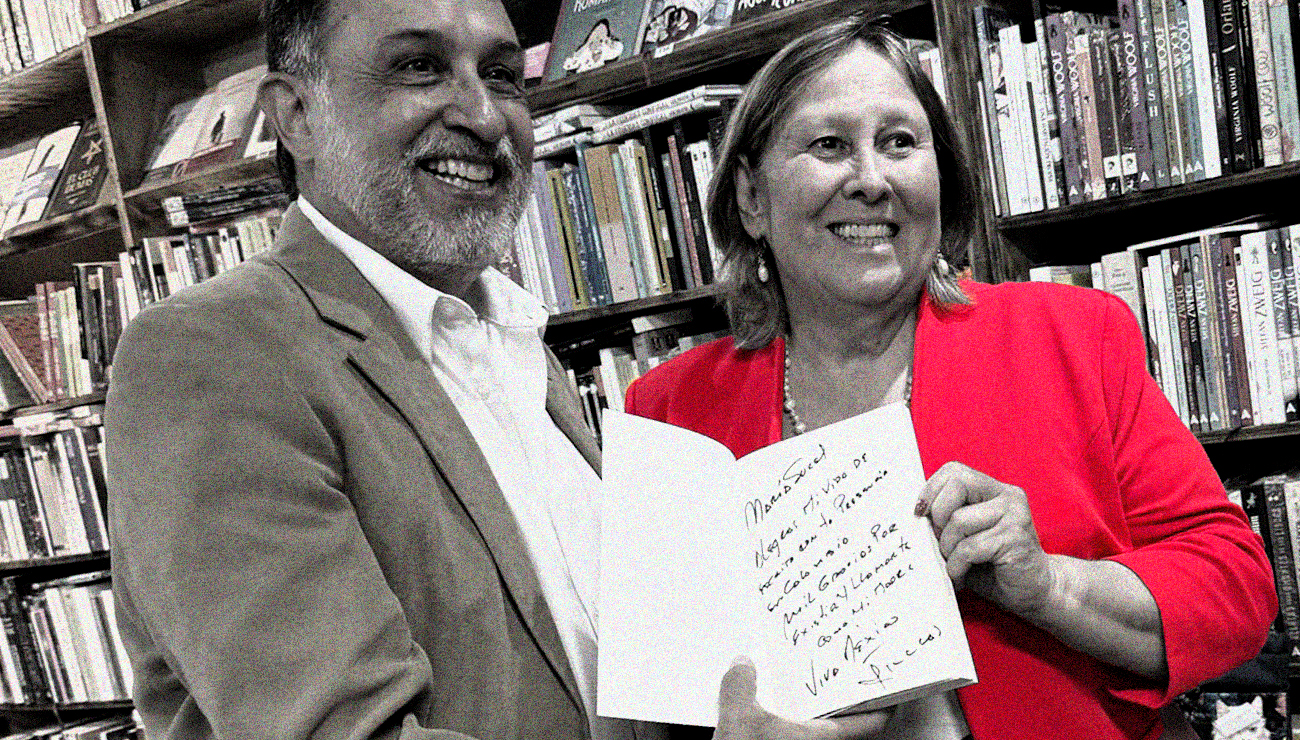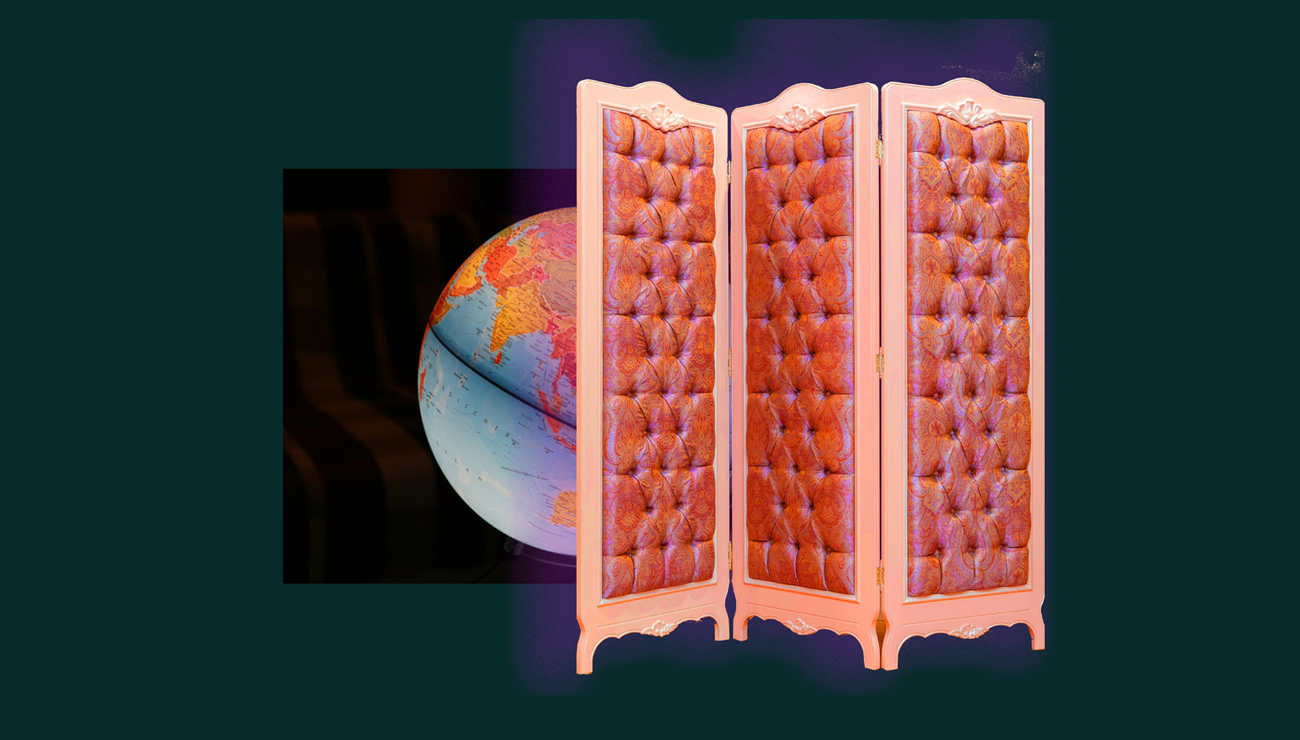
SAC. — Syndrome of the Awkward Commitment —: A condition similar to the Fifth Amendment.
Autor: ©2024 William Castano-Bedoya
THREE-MILE CHRONICLES. Chronicle 3:
I went out for a walk with a purpose, my brow furrowed, feeling vexed. This time, I chose to head south. I aimed to clear my mind by briskly navigating through the vehicular traffic. I desperately needed a dose of adrenaline, a sort of shock therapy. That’s why I headed south, as that route tends to stimulate my instincts unlike my walks to the east, which bring me a sense of peace. Heading south, the density of passing vehicles, almost brushing against my arms just meters away from my body, becomes so dangerous and aggressive that it keeps me alert throughout the entire walk.
A Planetary Choreography: Each Tragedy Serves as a Screen to Hide Another
William Castaño
William Castaño-Bedoya is an American writer based in Coral Gables, Florida. His literary fiction explores the ethical, psychological, and emotional structures that shape human relationships, focusing on love, vulnerability, and the tensions between power and compassion. His narrative voice is marked by interiority, silence, and moral inquiry, privileging emotional intelligence over spectacle. After a long career in marketing and creative leadership, he turned fully to literature, bringing a strategic understanding of contemporary human experience to his work. He is the author of several novels, including "The Intriguing Stillness of the Tides", "We the Other People", "Ludovico", "Flowers for Maria Sucel", "The Galpon", and "We’ll Meet in Stockholm".



